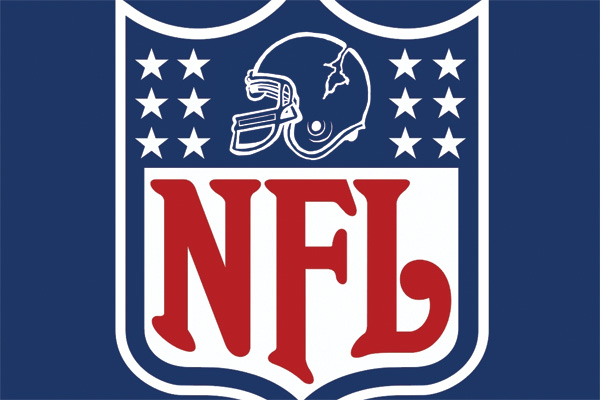A degenerative climate for the body and mind
Millions of people will settle onto their couches on Feb. 2 to watch Super Bowl XLVIII, and yet again the growing issue with the most-watched sport in North America will be set aside as it is every Sunday. Of course, the term “growing” is not entirely accurate as the issue has been there all along. The signs seem to be ever more transparent; playing football has tremendously negative consequences on the span and quality of the participant’s life.
“No one knows yet why concussion increases the risk for depression later in life,” explains Ellen Kuwana, neuroscience staff writer at the University of Washington. “Yet the long-term consequences of concussion are becoming hard to ignore. Head injuries can have lasting effects.”
Don’t get me wrong—I love football. Everyone who knows me recognizes that I am an obsessively avid fan of the New England Patriots. The subtle nuances of the game captured me as a child. The mental and physical chess match that occurs on every play as well as the willingness to sacrifice everything drew me in like nothing else could. When I reached high school there was no question I was playing. Over the next four years I quarterbacked my high school team to two championship games and was recruited to continue playing at Mount Allison University in New Brunswick.
However, that was all cut short by a concussion in the second quarter of the championship game in my senior year. I spent the following weeks in a dark room to facilitate my recovery and the next two years in a perpetual fog. Now at 20 years old, I wake up with two bad knees and a bad elbow wondering if it was all worth it. If this is what I feel like having played only four years of high school football, what must it be like for those that continued on to play collegiate football? What about those playing professionally in the Canadian and national football leagues? They must be asking themselves the same question: is all this pain really worth the few brief years playing a sport?
The side effects of playing football are well documented in a 2012 study conducted by University of Boston researchers published in Brain, a neurology journal. The mounting evidence that CTE — chronic traumatic encephalopathy, a degenerative disease that attacks brain tissue and leads to dementia and depression — is indisputably linked to the very nature of how football is played can’t be ignored. In a PBS article published in November 2013, it was confirmed that another three still-living football players were showing definite signs of CTE. Football is not only eroding the body of its players, but their minds as well, and long before they reach old age. The damage follows them off the field too. Football players are notorious for struggling to adjust to civilian life. According to a CNN article written by LaMar Campbell, a former cornerback for the Detroit Lions, 65 per cent of players walk away from the game with permanent injuries in the NFL. He goes on to explain that 75 per cent of players are divorced, unemployed, or experiencing financial difficulty within five years of their retirement. Yet despite all the pain and hardship, when you ask any former player if it was worth it or if they would do it again, the answer is often a resounding yes.
“Ask one what he misses the most and his answer will not be money, it will not be the fame, the endorsements or women,” explains Campbell. “It will be the locker room. You miss the friendships, the road trips, the big wins, and the camaraderie.”
The issue with football is not the state of its players but that its players are willing and encouraged participants in their own demise. Parents continue to allow their children to play football even with the knowledge of its effects on the body. Even with the damage an NFL hit has on the body, the NFL operates as a billion-dollar industry with most of its venues at capacity on Sundays. Indubitably, this year’s Super Bowl will garner the same kind of media attention and record-breaking television viewership as those in the past, regardless of the evidence that the league covers up the extent to which its sport hurts its athletes. Despite society understanding the effects football has on the declining health of its players, it continues to thrive.
Football players are modern-day gladiators and all of us that tune in on Feb. 2 are the Romans cheering them on. We cheer with every monstrous collision while understanding the mental illness it causes. All those that fall victim to these hits are carted off the field and soon forgotten as the battle rages on. One may accuse each player of having made their own choice, as the Romans might have said of the gladiators fighting before them. As long as fans allow players to step on the field, we are participants in their declining health. Football is a dangerous game, but most dangerous of all is society’s choice to recognize the danger every day of the week except Sunday.







